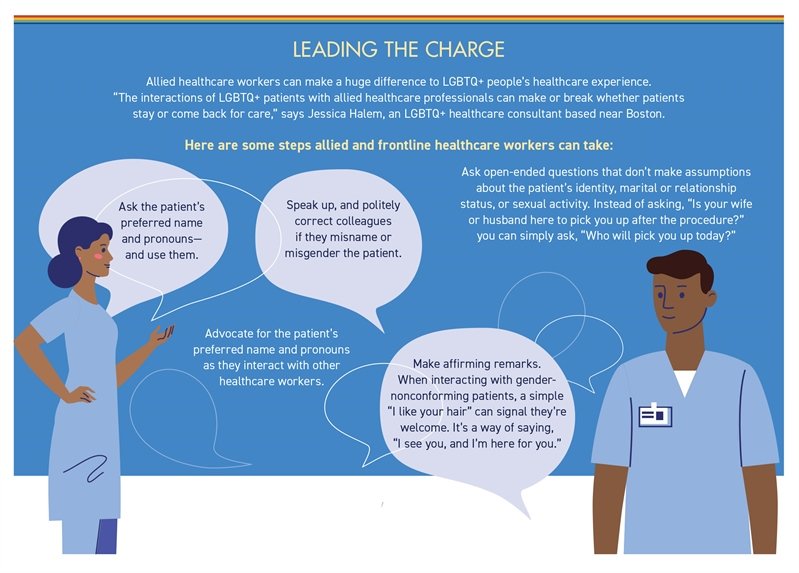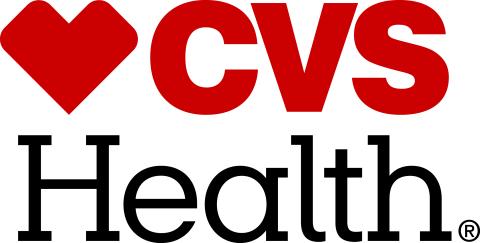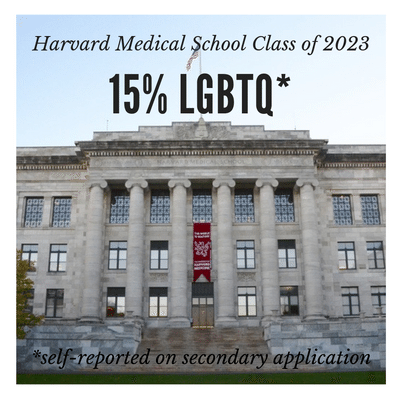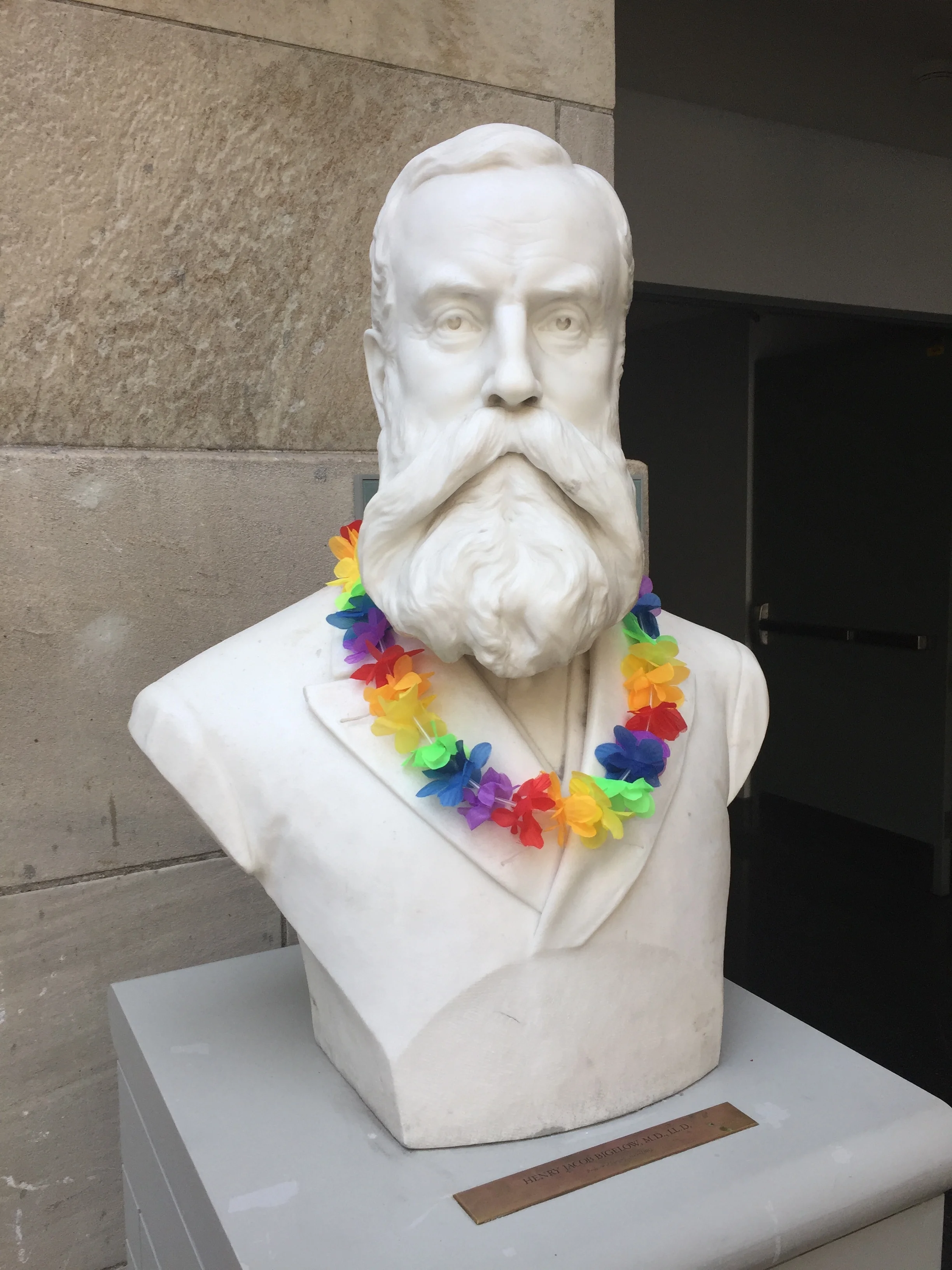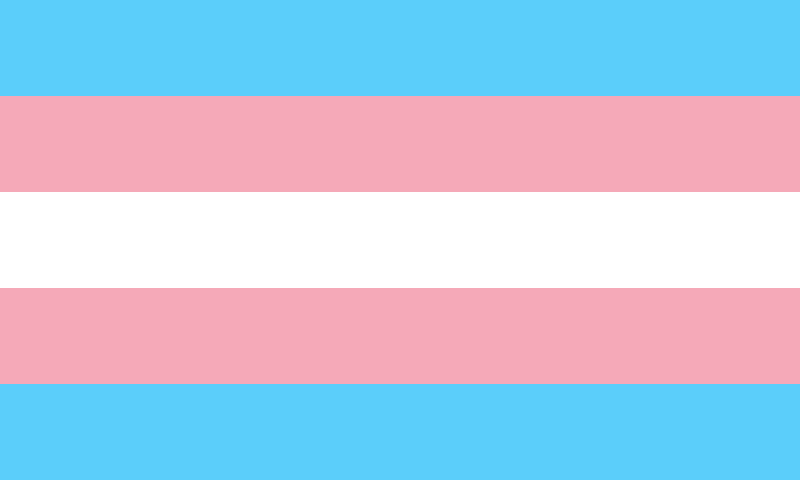[Reposted from the blog Paging Dr. Rainbow]
"Hello! I have a question for the experts: Do any medical organizations have established guidelines against the usage of the term "homosexual"? I know GLAAD, The Associated Press, the NYT and many media sources and universities advise against usage of the term, but do we still use it in a medical setting? I had a lecturer today say that MSM, MSW, WSW, WSWM, etc. are incorrect and to use the terms, "heterosexual, homosexual, and bisexual" when giving a case presentation. I challenged the idea and was told they are "medical terms" and we always use the "medical terms." So, help a student out!"
-PA in training seeking better answers
Dear PA in training seeking better answers:
First off, let me say how pleased I am to hear that you have cases with LGBTQ patients in your education. It wasn’t that long ago that cases like this weren’t available, discussed, or appreciated as an important part of patient care. We have come a long way.
Language that describes the LGBTQ community has changed and will continue to change. But language is just a tool to use to describe what we observe, learn, or hear from our patients. So, everyone will have to be a bit flexible as we continue to listen better and illicit more information from patients. In fact, at the turn of the last century in the US, the “medical term” was “invert” which represented the conflation of gender and sexual orientation and then the word “homosexual” became more widely used. Both were terms used more with derision and judgement than care from the medical community. So, there’s that history.
Today, we know “nonbinary” is a widely used word to describe a gender identity or expression that some would have called “androgynous” just a few years ago. And of course, transsexual was a word we used to use as well, but now use the word transgender. I am sure there are cases and textbooks that haven’t been updated accordingly.
So, finding an authority on “medical terms” seems to be the issue with your lecturer. I can say with authority -- we do not use the word “homosexual” to describe patients anymore. It actually isn’t a word that people use to describe themselves or does a good job of describing behavior that needs to be discussed.
What is key here is appreciating two distinct differences in discussing sexual orientation – first, language that describes the SEXUAL BEHAVIOR of our patients and secondly, language that patients use to describe themselves. What we still like about MSM is that it describes sexual behavior and doesn’t assume identity. We know plenty of men have sex with other men and are married to women. We also know plenty of women describe themselves as lesbians but have had or will have sex with men.
In terms of who else is an authority on medical terms for the LGBTQ community – the NIH now uses the phrase “sexual and gender minorities” and the hospitals you will work with have electronic health records that probably already have SOGI (sexual orientation and gender identity) data collection in place and use words like “gay” and “cisgender”.
Medical terms are only authoritative if they are helpful in understanding, valuing, and supporting the patients you are being trained to care for in the future.
If this analysis doesn’t work, attached here are guidelines from Harvard Medical School here.
-Jessica Halem, MBA, LGBT Program Director, Harvard Medical School
Thank you Jessica for your awesome contribution to our blog! What an amazing conversation starter you have been!

